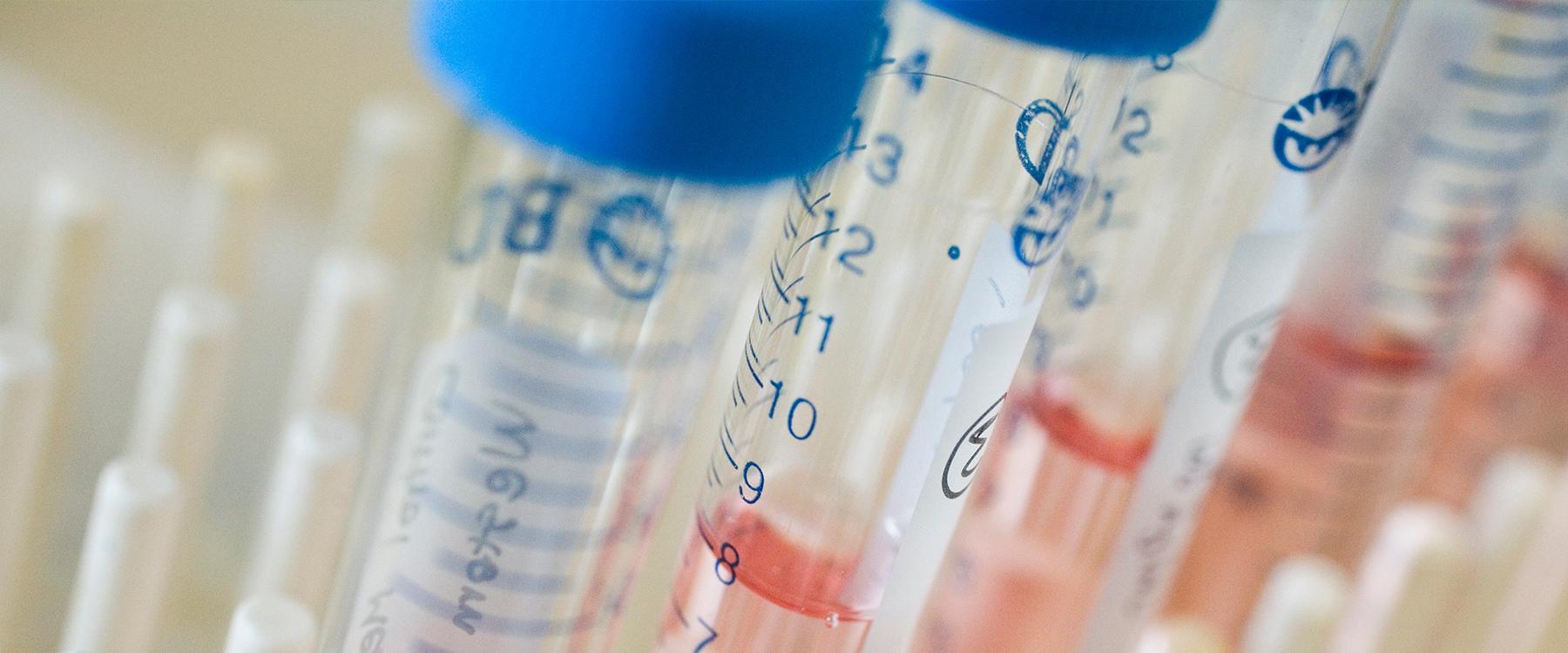
Laboratory Safety
Shipping research materials within the United States and internationally is a highly regulated process.
The shipper is responsible for packaging, shipping, and documenting hazardous materials shipments and must be DOT/IATA trained before preparing any shipments.
The shipping of hazardous materials can pose a danger to human health, property, and the environment if the materials are improperly packaged and labeled. For example, improperly packaged material could be crushed during transport resulting in liquid or solids leaking from the package, contaminating handlers and the surrounding area. The U.S. Department of Transportation and the Federal Aviation Administration can and have imposed hefty fines ($$$$) and jail time for persons who knowingly or unknowingly violate these regulations. The combined legal, regulatory, and clean-up costs can be tens of thousands of dollars.
Bottom line: Contact Tufts Laboratory Safety (LS) at labsafety@tufts.edu and ask for advice on shipping chemicals and biologicals.
Tufts University does not operate a centralized shipping service on any of its campuses. Hence, each employee is responsible for packaging, shipping, and documenting hazardous materials shipments. Please see the Tufts University Guidance on Transporting Research Samples for more information.
Shipping Biologicals
The rules for shipping biologicals are complex; however, Tufts LS offers a training program on a scheduled basis for persons who need to ship biological materials: blood, rodent or primate cell lines, preserved biologicals, and microbial agents. In addition, these shipments may involve ethanol, formaldehyde, dry ice, or liquid nitrogen which are all hazardous materials and have to be shipped as such. Please see Tufts EHS trainings for “IATA/DOT Regulations for the Shipment of 6.2 Biologicals, Infectious Substances and Class 9, Dry Ice Dangerous Goods Training.”
Shipping Chemicals
The rules for shipping chemicals are complex; however, the Chemical Safety Program offers a training program for individuals who need to ship chemicals routinely as part of their jobs. Please see Tufts LS trainings for “IATA/DOT Regulations for the Shipment of Chemicals, Hazardous Materials and Dangerous Goods Training.”
International shipments
International shipping regulations vary widely from country to country. Tufts University LS is not expert in the specific shipping regulations for all foreign countries. Also, some goods may require an export license, such as CITES (fish and wildlife) material, some pesticides, and materials that are controlled under anti-terrorism and warfare laws. The 4 US agencies which may require an import/export permit are: USDA, CDC, Department of Commerce, and Fish & Wildlife.
The license/permitting requirements will depend upon the following criteria:
- Nature of the material
- Country of origin
- Country of destination
- Final use
Each of these factors will affect which regulatory agencies are concerned with the consignment and consequently what licenses and/or documents will be required.
The Office of the Vice Provost for Research oversees Tufts University’s Export Control Program. They have created several resources in order to facilitate community education regarding these regulations. Please review the following:
- Export Control website
- Export Control training video detailing the general requirements of export compliance protocol and what the community can do to ensure they remain in compliance.
- Importing samples into the U.S.?
For international shipments we strongly recommend the hiring of a customs broker or shipping agent to guide you through this complex process. Please contact Laboratory Safety for a list of approved customs brokers/shipping agents. Utilizing one of these vendors will cost between $500-$700 for a domestic shipment and $1,200+ for an international shipment, depending on various import/export permits, licenses and custom’s paperwork that may be required.
If you wish to proceed to ship the package yourself, the recipient of the shipment must check for any necessary import permits needed in order to bring materials into the destination country. Each country has specific requirements. If appropriate paperwork is not received by the customs official in the destination country, the material will not be allowed entrance. In some instances, the customs office may contact you and the paperwork will be rushed and in other cases the package will be destroyed. Therefore, it is imperative to know what the paperwork requirements are before sending the package to an international location. A good starting point to determine US export/import requirements is to contact the National Center for Import/Export (NCIE) at 301-851-3300.
Questions regarding country-specific requirements are usually best answered by officials at the receiving country’s embassy. Contact information can be found on the Embassy.org website.
Always contact the country’s customs office before planning an import, especially in the beginning when learning the international shipping procedures of a country.
Please note: In 2007 the Department of Commerce issued a $100,000 fine to a local university for exporting equipment to Pakistan without first obtaining the proper license.
In 2011, the FAA issued a $175,000 fine to another local university for shipping lithium batteries without proper labels and documentation.
In 2021, the Department of Commerce issued a $54,000 fine to a local university for failing to obtain an export permit for various strains and recombinants of animal pathogens which were shipped to a research institution overseas.
Get trained in how to ship these samples!
If you don’t have time to get trained, or don’t intend to do frequent shipments hire a shipping agent or customs broker.